Welcome back to Part 2 of our Guide to Essential Oils! In today’s post, we’ll go over the many ways to incorporate essential oils into your cooking, homemade household cleaning products, popular massages, and beauty regimen. We hope you’re excited, because we certainly are!
Essential Oils in Cooking
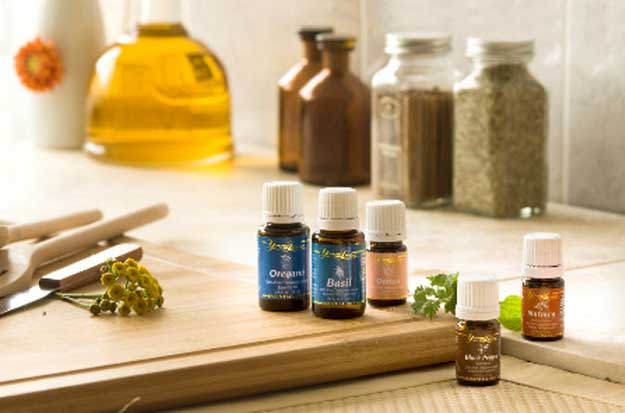
image via
Essential oils can be incorporated into every meal of your day – making it easy and tasty to absorb their many health benefits! You may replace any ingredient with essential oil, such as oregano for its essential oil, peppermint, etc., but be forewarned that this oil is a concentrate so only use 1-2 drops per meal*. That said, if you would like to dilute your essential oil, pair it with a “carrier” oil such as coconut or almond.
*It should also be noted that, as is the case with most things, essential oils can be harmful when consumed in high doses. A couple of drops a day per person is the recommended safe amount.
Essential oils commonly used in foods and baked goods are basil, lemon, nutmeg, orange, oregano, peppermint and rose. Below are some recipes to try:
Breakfast
French Toast and Hash Browns with Essential Oil
Crepe Cake with Lemon Essential Oil
Mains
Caprese Salad with Lemon-Basil Vinaigrette
Grilled Lemon Chicken with Oregano Oil
Dessert
Banana Fig Ice Cream with Lemon Essential Oil
Homemade Ice Cream with Essential Oils
Rose Water Sugar Cookies and Wine
It’s incredibly easy to use essential oils in everyday recipes – you can sub herbs for oils, use oils in baked goods to elevate a specific flavor, or put them in your smoothies and drinks to start your day off on the right track.
Essential Oils in Household Products
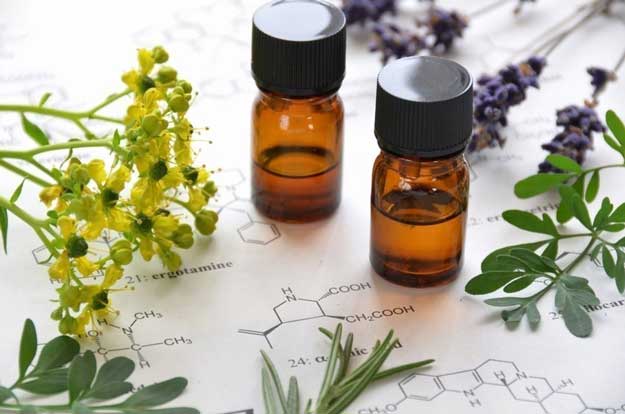
image via
Essential oils such as tea tree, lemon, eucalyptus or orange can be used in homemade household cleaners*. These essential oils will not only impart a fresh aroma, but will also help kill any germs or bacteria with their natural antiviral and antibacterial properties.
*When using essential oils in homemade cleaners, be sure to use only a couple of drops as contact with highly concentrated amounts can lead to skin irritation.
As mentioned in our previous post, Guide to Essential Oils: Part 1, tea tree, basil, lemon, and eucalyptus oil (there are more!) contain antibacterial properties and are great disinfectants. Because of their properties and aroma, these would be the best oils to use when making your own cleaners. Below are recipes for homemade, all-natural household cleaners.
Homemade, Non-Toxic Disinfectant
Homemade, All-Natural Carpet Cleaner
Homemade Dusting Spray and Wood Polish
Homemade, No-Streak Glass Cleaner
Essential Oils in Oral Care and Beauty Products
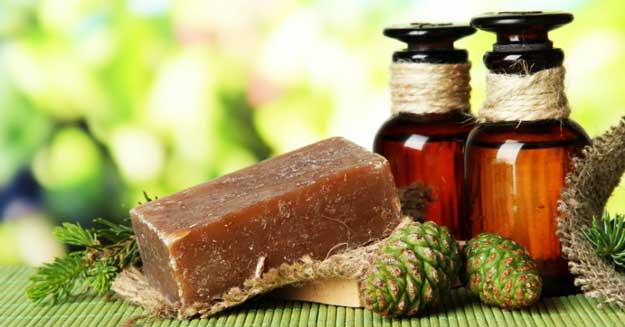
image via
Because essential oils are a pure extract, they contain the plant’s essence which makes them incredibly beneficial for oral, skin and physical health. Essential oils can either be ingested or applied topically depending on the intended outcome of the user. If you are applying essential oils topically, it is recommended you test a patch of skin first before spreading the oil onto a large surface. If ingesting orally, remember to either dilute your oil or use food-grade essential oil. Below are some oral and beauty product recipes that employ the benefits of essential oils.
Oral Care
When using essential oils in oral care, you can either use it straight, incorporate the oil into existing oral care products (such as your toothpaste or mouthwash), or dilute the essential oil with a carrier oil (the highest quality carrier oils to use are ones that are cold-pressed and organic). If ingesting the product straight, you have the choice of mixing the oil with alcohol (similar to an extract) or diluting it with water and using it as a mouthwash. The choice is yours!
The best essential oils for teeth and gum health:
Cinnamon
Research shows that cinnamon essential oil has the greatest antimicrobial potency, in comparison to other essential oils, against bacteria that is responsible for tooth decay and gum disease. Cinnamon also contains anti-fungal properties and, when ingested orally, can control blood sugar.
Peppermint
Peppermint essential oil is incredibly effective at destroying anaerobic bacteria, a bacteria that thrives in low oxygen environments, such as the mouth, and is responsible for gum disease.
Spearmint
Spearmint is soothing to gum tissue, a strong antiseptic and helps heal wounds rapidly. It’s pretty much Dittany (for all you Harry Potter fans out there!) in a bottle.
Myrhh
Not just for the Three Kings! Myrrh essential oil is similar to spearmint in that it is both soothing and an effective antiseptic. When it comes to your gums, myrrh can heal damaged gum tissue, support gum health, and aid in gum tissue health by supporting the flow of blood to the tissue.
Clove
Clove essential oil relieves tooth pain, inhibits the growth of various strains of bacteria, and possesses strong sterilizing properties.
These essential oils made the top five ranking for essential oils that are most beneficial in preventing tooth decay and supporting gum health.
Beauty Products
We love using essential oils! We either like to squeeze a couple of drops into our lotions or give ourselves coconut oil/rose essential oil facials whenever we can squeeze in a couple of minutes and need to feel pampered. And we absolutely love finding new recipes for using them in other beauty products, like facial masks, shampoos, and soap. We’ve put together a list of some nourishing (and sometimes, delicious) beauty product recipes you can make at home using essential oils and all-natural ingredients.
Homemade Sunscreen with Essential Oils
Perfume Solids with Essential Oils
Homemade Face Wash for Glowing Skin
Essential oils are beneficial and can be incorporated into every aspect of your life such as your daily routine and diet. When beginning to use essential oils, it’s important to remember that less is more and essential oils can, when consumed in excess, pose health risks.
We hope you’ve enjoyed part 2 of our Guide to Essential Oils. The last part in our Essential Oil series will list the best places to buy your essential oils so you can start experiencing their numerous health benefits. Stay tuned!
That’s all, folks! The last part of our series will go over the best places – both on the web and in your region – to buy your essential oils from. We hope you enjoyed these essential oils recipes and discovered news ways of reaping their benefits! If you enjoyed this post, please let us know in our Comments section below! We love hearing our readers’ feedback, comments and suggestions. If you’ve been using essential oils, we would love to hear about your experiences and how they’ve helped you (or maybe they haven’t helped you, let us know!). Leave a comment, shoot us an email and make sure to stay in touch on Facebook, Twitter and Pinterest!
Do you have Instagram? Don’t forget to follow @HomemadeRecipesOfficial.
Click here to Like Us on Facebook.
Click here to Follow Homemade Recipes on Pinterest.
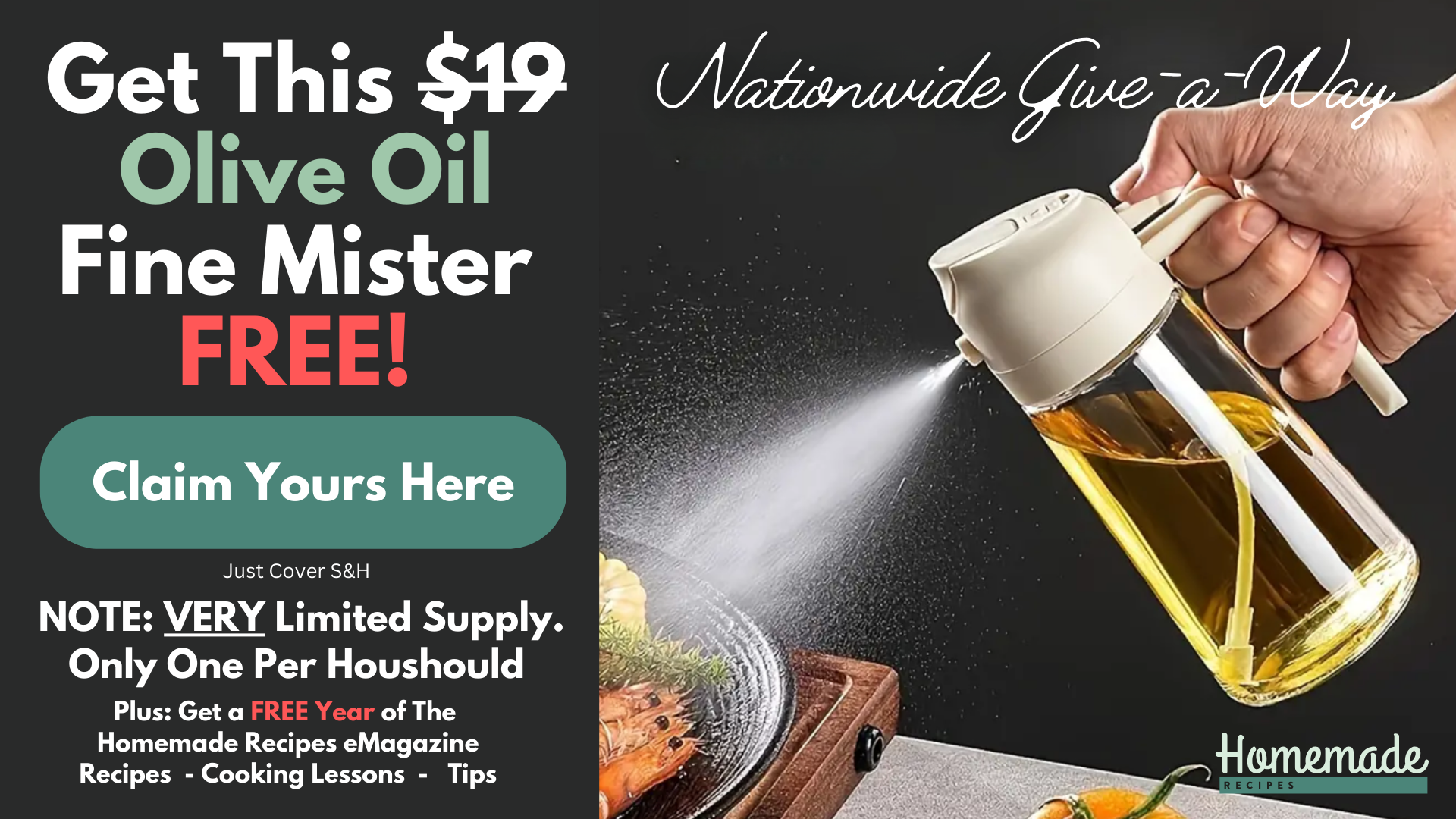
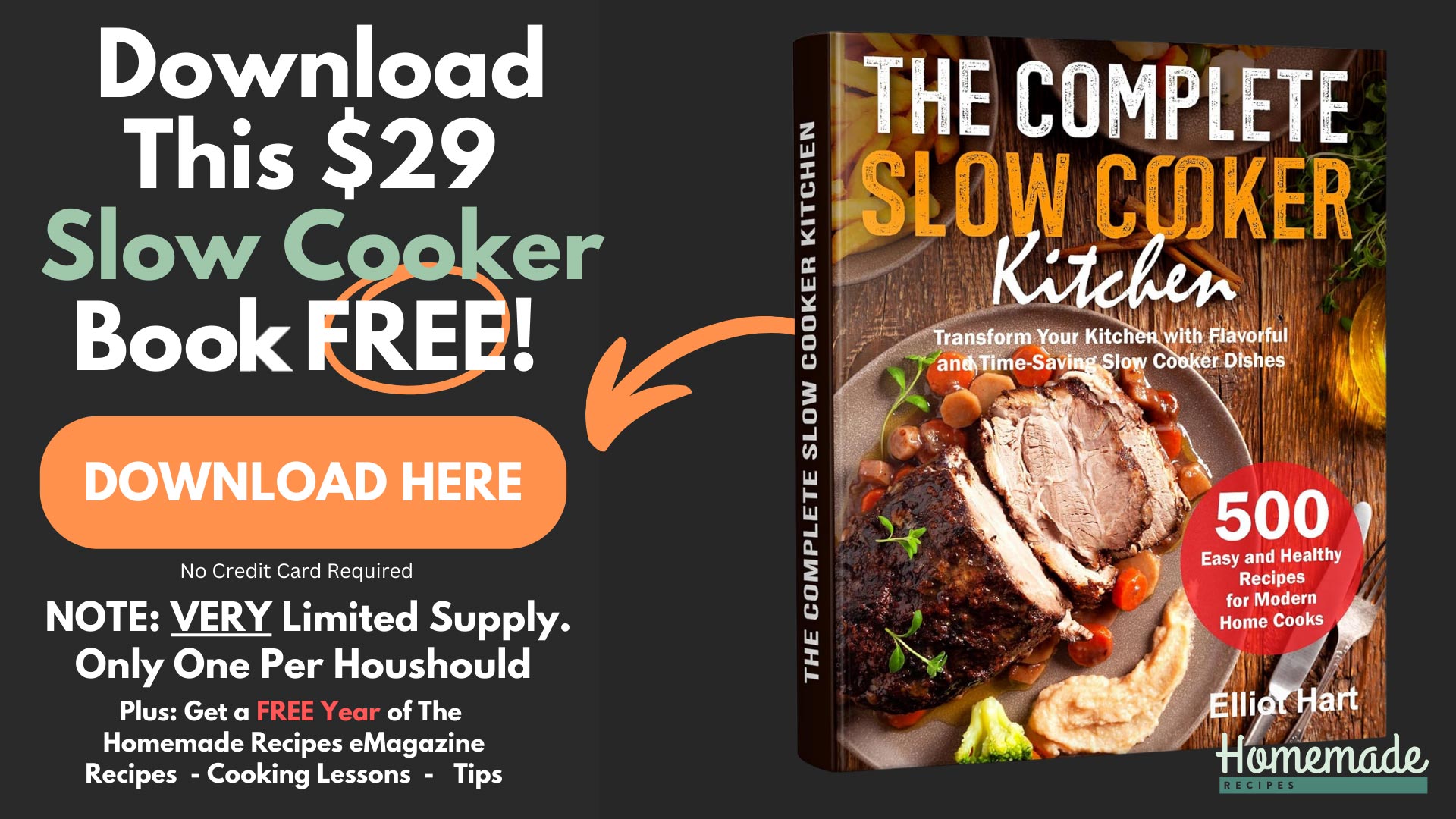
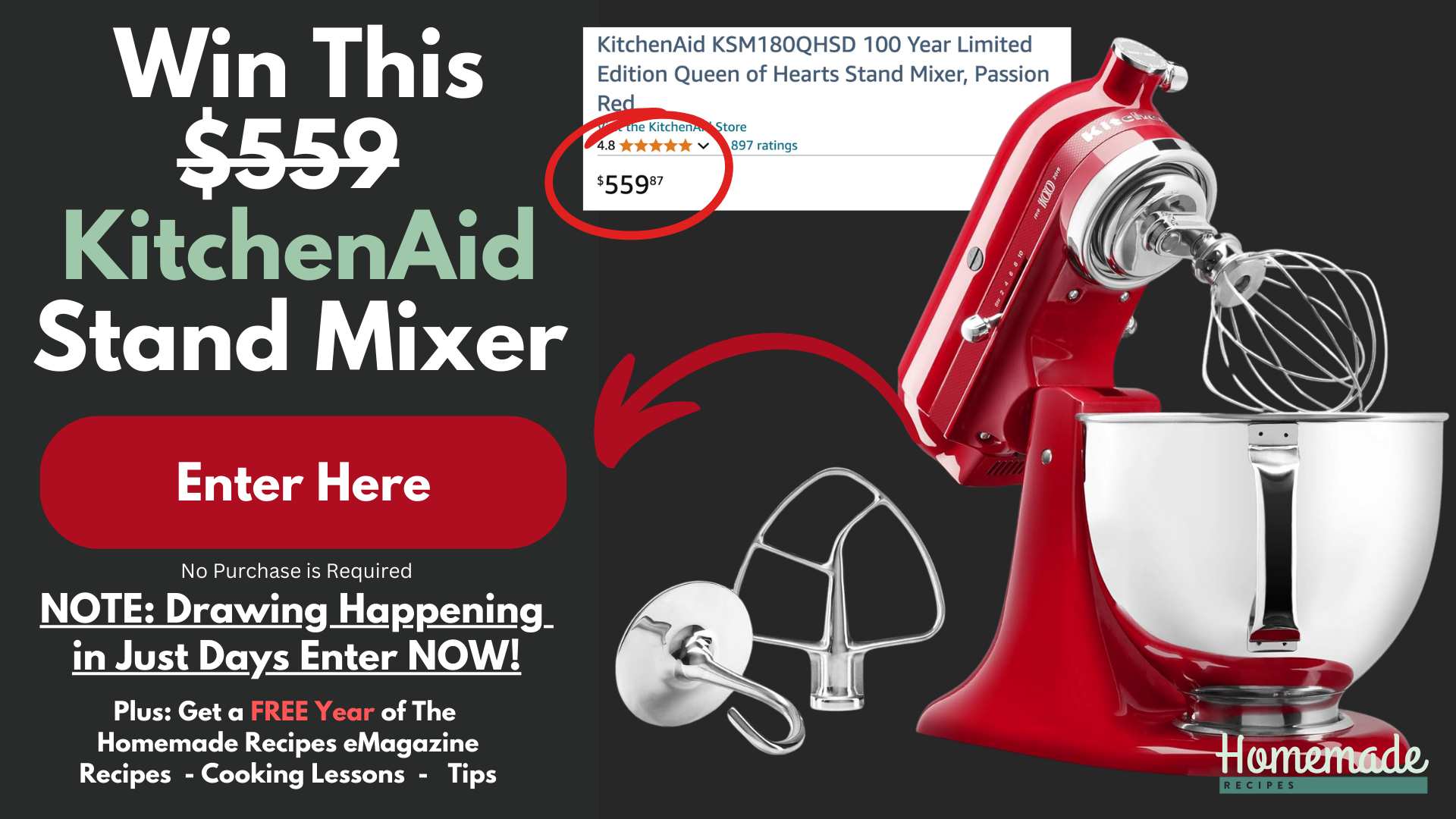
[…] Essential Oils can be added to a great deal of diy projects for added health benefits and delightful aromas with soothing or stimulating qualities. Click here to view our very long list of DIY Essential Oil Projects […]